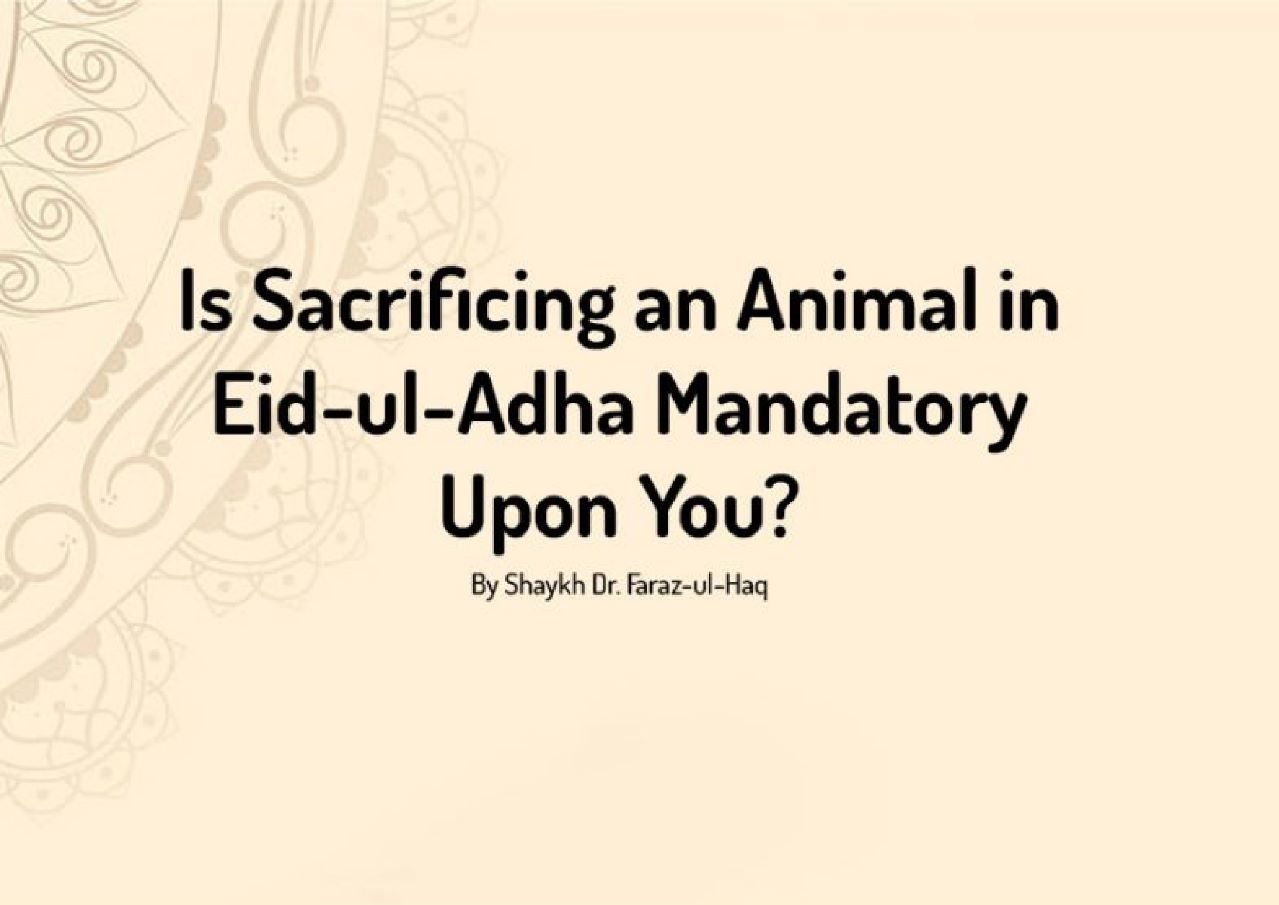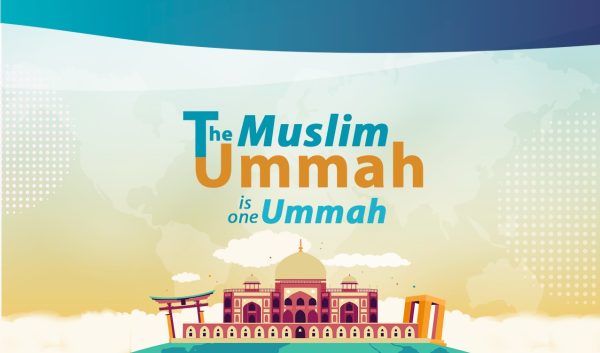Qs.
What is Qurbani (Sacrifice)? What are the rulings regarding sacrifice? Upon whom is it obligatory to sacrifice an animal in Eid-ul-Adha? What is the ruling regarding a communal sacrifice?
Ans:
To sacrifice certain types of animals during Eid-ul-Adha for Allah SWT’s sake is the technical understanding of Udhiya. Certain types of animals are what are referred to as “Baheema tul ana’am ( بَهِيمَةُ الْأَنْعَامِ ) in the Qur’an. These include:
- Cows
- Camels
- Sheeps and Goats
This is the general understanding of udhyia (animals that are to be sacrificed).
As far as the command regarding sacrifice is concerned, the person who is monetarily able to afford a sacrificial animal is obligated to do Qurbani and sacrifice an animal. The understanding of “being monetary capable” or “affording,” is not the same as what is mentioned in the ruling for Zakat.
Being able to afford a sacrifice for example is for when a person is able to meet his basic needs and expenses and has left over as savings can surely offer a sacrifice. For example, if a person, in today’s day and age earns Rs. 40,000, that person is just barely able to meet the basic requirements of food and housing. The sacrificial animal is by far much more expensive for him to afford. Hence, this person cannot afford a sacrifice and is not obligated.
It is reported from an authentic Hadith of Ibn Majah that Abu Huraira (RadiAllahu Anhu) narrated that the Prophet ﷺ said:
عَنْ أَبِي هُرَيْرَةَ، قَالَ: قَالَ رَسُولُ اللهِ صَلَّى اللهُ عَلَيْهِ وَسَلَّمَ
مَنْ وَجَدَ سَعَةً فَلَمْ يُضَحِّ، فَلَا يَقْرَبَنَّ مُصَلَّانَ
“He who has the means and has not made arrangements to accomplish the Qurbani, then he should not approach our Musalla (i.e., he should not come to perform the Eid-ul-Adha prayer with us).”
(Masnad Ahmad, Ibn Majah)
The Prophet ﷺ showed his displeasure for the person who had enough after having met his and his family’s basic needs to have spent on an animal and sacrificed, yet he chose not to do it.
There is no set figure or number to say that the person becomes “affording.” Rather, the individual can assess for himself that Eid-ul-Adha is around the corner and ask himself, “Can I still afford an animal after having spent on my wife and kids and have fulfilled the basic needs of the house?” If he is able to spend on a sacrifice from his savings then, then he should offer a sacrifice on Eid.
Understanding Ijtimai Qurbani (Communal Sacrifice)
Many institutions now offer what is called an ‘ijtimai qurbani’ (communal sacrifice). There are certain conditions that do apply for this also. Let’s take a moment to better understand the concept. A communal sacrifice is when person cannot afford to buy an entire cow but is able to purchase a portion in the entire cow along with six (6) others making a total of seven (7) portions in a cow and a camel. The cow is basically divided amongst the seven contributors who want to offer sacrifice and their one portion suffices as sacrifice and is acceptable.
What is to be mentioned is that only one immediate family (husband, wife and children) can obtain one portion .
But if a portion costs Rs. 20,000, And there are two people who wants to contribute in it by paying 10,000 each that is not allowed.
May Allah (عَزَّوَجَلَّ) accept from all of us. (Aameen)











